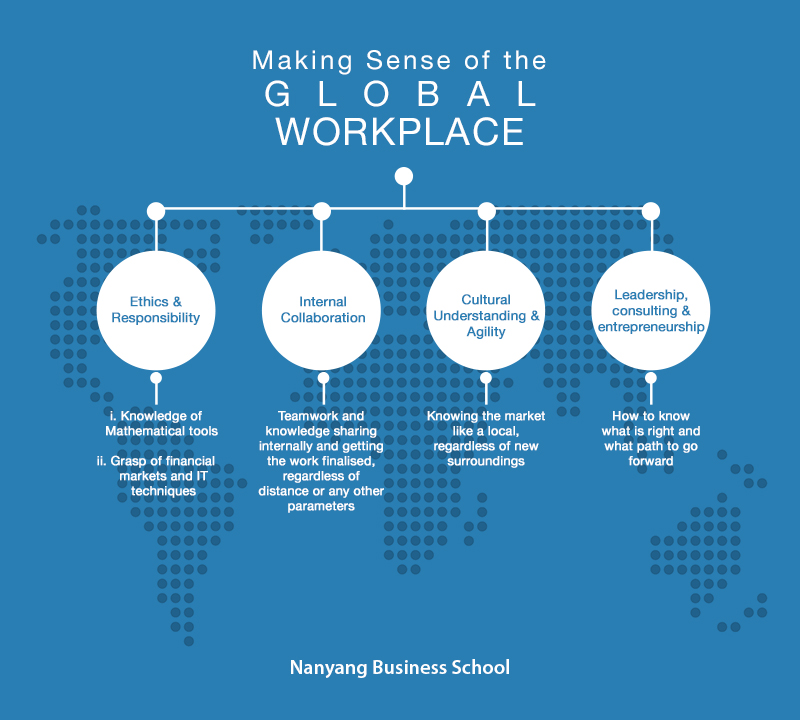Being promoted to a new leadership role is a definitely a good reason to celebrate. But it is also a transition that requires adapting to a new behaviour along with other changes, especially with your former peers. It is possible that a former peer may resent you for getting the promotion that he or she wanted so badly. It is also likely that these colleagues will feel some amount of frustration and animosity as they report to you. So how do you deal with the situation without stressing yourself out?
Here are some tips.
- Monitor your behaviour:
It’s never too early to establish credibility with your colleagues at every corporate level, including your immediate peers. That will save you lots of trouble later on because people will know what to expect from you in terms of planning, decision-making, and communication. So rather than attempting a rapid change, focus on building a character of integrity and authenticity as soon as possible. Be consistent with your work ethics and management style. For instance, don’t believe that your ex-peers will ever forget a habit of long coffee breaks or nasty gossip sessions.
- Establish authority carefully:
While you certainly need to specify your new role to the peers who will now be reporting to you, be careful about how you convey the information. Your tone of voice, facial expression, and body language shouldn’t portray the ‘I’m cooler than you now’ attitude. Just let them know that things have changed and that they will now be reporting to you. If it is possible, ask your company corporate communications team or a relevant senior to make an official announcement on your behalf. That could make things smoother.
- Redefine relationships with friends:
Some people you work with may have become close friends whom you like to spend time with outside office hours too. To handle the delicate situation, have a one-on-one chat with him or her. Be honest about how the relationship will be changing. Talk about your new responsibilities, but let the friend share his or her thoughts on it too. For example, you could ask them what kind of changes they foresee in the way they work now. Make it clear that you are there to provide support and loyalty and hope for reciprocation. Most importantly, mention that you don’t believe in giving friends special treatment at work.
- Learn to detach from the old:
Earlier, your daily life in the office must have been different. Other people, having regular conversations of a particular nature, and more personal with these peers, surrounded you. In fact, you may have even spoken negatively about your boss whom you will work with more closely after the promotion. Don’t be rude. Don’t ignore them. Be there for them when they need you, in case of family emergencies or illness or the like, but keep it to important things and waste less time on small talk. It’ll be hard but necessary to help you fit into your new role.
- Get to know your new peers:
It’s time to get better acquainted with your new peer group. Go for a lunch or coffee. Ask intelligent, pertinent questions about the department and projects. If something is completely new to you, like end of year performance reviews, ask about those. Still, keep the tone casual and include light personal conversation too such as favourite sports or hobbies.
Fortunately, top business schools recognise the need to highlight these leadership role changes in their curriculum. The Nanyang Fellows MBA offers a course on Transformative Leadership that teaches you to deal with obstacles in leadership roles such as this.
Check out the full list of courses here: http://www.nanyangfellows.com/about-nanyang-fellows/programme-structure/
So look at the big picture and enjoy the transition – it’s a learning process!








